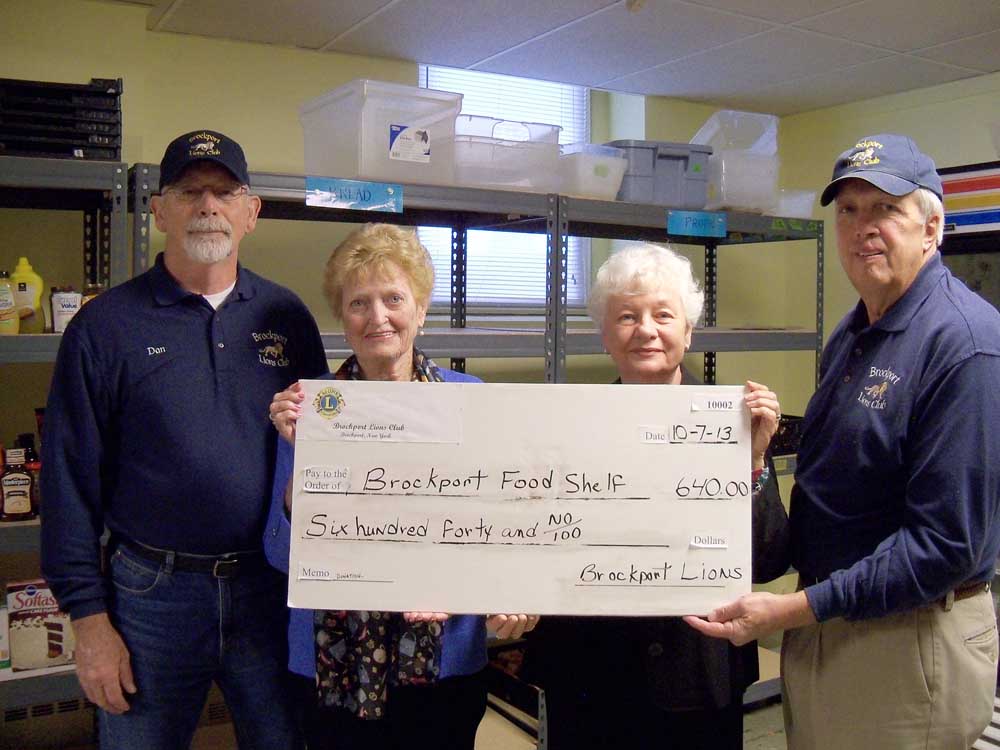Take steps to prevent frozen pipes
The Professional Insurance Agents of New York reminds homeowners and businesses that now is the time to prevent your pipes from freezing. Winter brings extreme, cold temperatures. And, it does not have to snow and sleet for your household pipes to freeze. Anytime the temperature reaches 32 degrees or below, if your pipes are not properly winterized, it could mean disaster for your home or business.
“Subject to a deductible, most homeowners policies cover damage resulting from frozen pipes, including the repair of the pipe,” says John Tomassi, CPCU, president of PIANY. “Your policy will cover dwelling damage, and damage to personal property, such as furniture and rugs. And, tenants of a residence can get similar coverage for personal property by purchasing a renters policy and business owners can purchase similar coverage for business property.”
However, PIANY warns, no coverage exists for frozen-pipe damage to an unoccupied home or business, unless heat is maintained in the building or the pipes have been drained. Even though most homeowners policies cover such damage, it’s important to prevent it before it happens. An eighth-inch crack in a pipe can send up to 250 gallons of water flowing in a day, destroying equipment and files; wrecking floors and furniture; and costing homeowners and businesses a lot of money. By taking a few simple precautions you can save yourself the mess, cost and aggravation frozen pipes cause.
With a little attention and simple maintenance, you can help prevent pipes from freezing, says PIANY. Pipes that freeze most often are those exposed to the severe cold, such as those located in unheated interior areas like basements or attics, crawl spaces, garages, and kitchen cabinets. Some measures PIANY suggests for safeguarding pipes and property include insulating the pipes in these areas. Additionally, make sure to seal leaks that allow cold air inside near the pipes. Look for air leaks and use caulk or insulation to keep the cold out and the heat in. Water supply to outside valves (hose bibs) usually have a shut off valve inside the house. The homeowner should shut the inside valve and open the outside valve. If water continues to drip outside, there may be a leak at the inside valve. You may need to call a plumber to fix this.
For pipes in crawlspaces and garages, it may be necessary to wrap the pipe with an electrical insulator. These wraps act like heating pads for the pipe to keep the fluid from freezing.
If your pipes do freeze, don’t take any chances, warns PIANY. If you turn on your faucets and no water comes out, leave the faucet on, turn off the main shut-off valve for your water supply and call a plumber. Take immediate steps to prevent further damage. If damage has occurred, contact your insurance agent to guide you through the claims process.
PIANY is a trade association representing professional, independent insurance agencies, brokerages and their employees throughout the state.
Provided information



